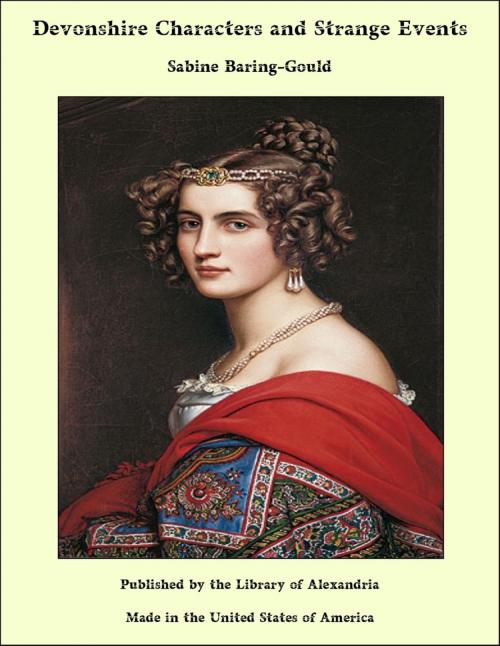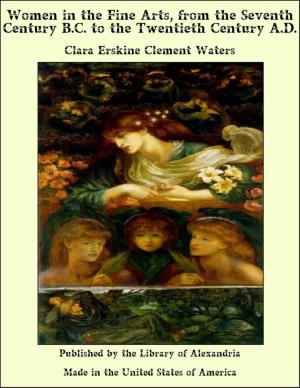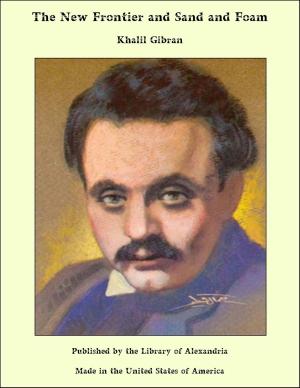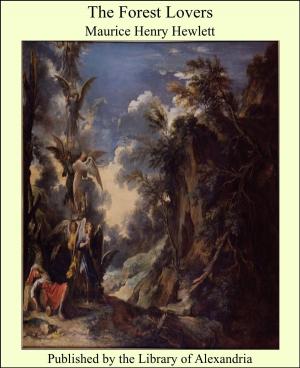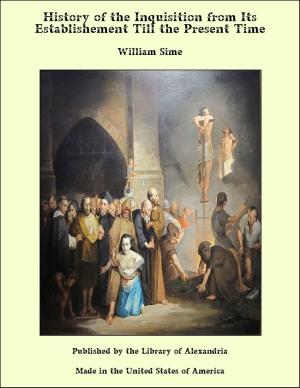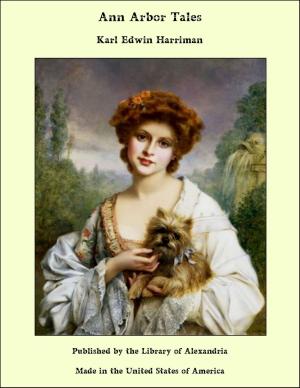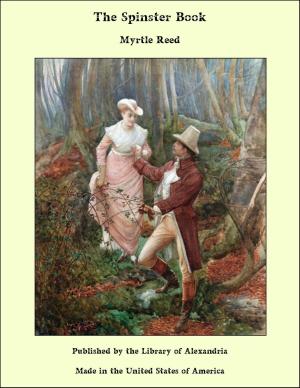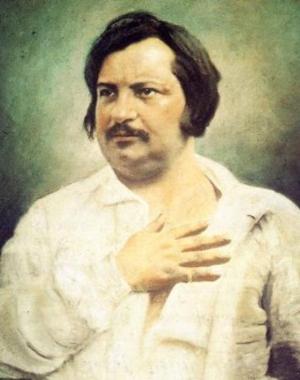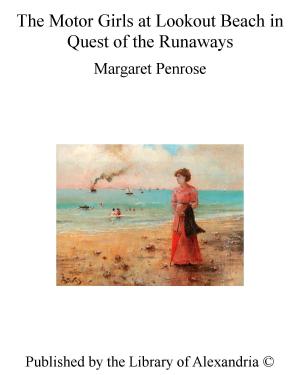Devonshire Characters and Strange Events
Nonfiction, Religion & Spirituality, New Age, History, Fiction & Literature| Author: | Sabine Baring-Gould | ISBN: | 9781465608444 |
| Publisher: | Library of Alexandria | Publication: | March 8, 2015 |
| Imprint: | Language: | English |
| Author: | Sabine Baring-Gould |
| ISBN: | 9781465608444 |
| Publisher: | Library of Alexandria |
| Publication: | March 8, 2015 |
| Imprint: | |
| Language: | English |
In 1763 Lord Bute, the Prime Minister, imposed a tax of 10s. per hogshead on cyder and perry, to be paid by the first buyer. The country gentlemen, without reference to party, were violent in their opposition, and Bute then condescended to reduce the sum and the mode of levying it, proposing 4s. per hogshead, to be paid, not by the first buyer, but by the grower, who was to be made liable to the regulations of the excise and the domiciliary visits of excisemen. Pitt thundered against this cyder Bill, inveighing against the intrusion of excise officers into private dwellings, quoting the old proud maxim, that every Englishman’s house was his castle, and showing the hardship of rendering every country gentleman, every individual that owned a few fruit trees and made a little cyder, liable to have his premises invaded by officers. The City of London petitioned the Commons, the Lords, the throne, against the Bill; in the House of Lords forty-nine peers divided against the Minister; the cities of Exeter and Worcester, the counties of Devonshire and Herefordshire, more nearly concerned in the question about cyder than the City of London, followed the example of the capital, and implored their representatives to resist the tax to the utmost; and an indignant and general threat was made that the apples should be suffered to fall and rot under the trees rather than be made into cyder, subject to such a duty and such annoyances. No fiscal question had raised such a tempest since Sir Robert Walpole’s Excise Bill in 1733. But Walpole, in the plenitude of his power and abilities, and with wondrous resources at command, was constrained to bow to the storm he had roused, and to shelve his scheme. Bute, on the other hand, with a power that lasted but a day, with a position already undermined, with slender abilities and no resources, but with Scotch stubbornness, was resolved that his Bill should pass. And it passed, with all its imperfections; and although there were different sorts of cyder, varying in price from 5s. to 50s. per hogshead, they were all taxed alike—the poor man having thus to pay as heavy a duty for his thin beverage as the affluent man paid for the choicest kind. The agitation against Lord Bute grew. In some rural districts he was burnt under the effigy of a jack-boot, a rustic allusion to his name (Bute); and on more than one occasion when he walked the streets he was accused of being surrounded by prize-fighters to protect him against the violence of the mob. Numerous squibs, caricatures, and pamphlets appeared. He was represented as hung on the gallows above a fire, in which a jack-boot fed the flames and a farmer was throwing an excised cyder-barrel into the conflagration, whilst a Scotchman, in Highland costume, in the background, commented, “It’s aw over with us now, and aw our aspiring hopes are gone”; whilst an English mob advanced waving the banners of Magna Charta, and “Liberty, Property, and No Excise.”
In 1763 Lord Bute, the Prime Minister, imposed a tax of 10s. per hogshead on cyder and perry, to be paid by the first buyer. The country gentlemen, without reference to party, were violent in their opposition, and Bute then condescended to reduce the sum and the mode of levying it, proposing 4s. per hogshead, to be paid, not by the first buyer, but by the grower, who was to be made liable to the regulations of the excise and the domiciliary visits of excisemen. Pitt thundered against this cyder Bill, inveighing against the intrusion of excise officers into private dwellings, quoting the old proud maxim, that every Englishman’s house was his castle, and showing the hardship of rendering every country gentleman, every individual that owned a few fruit trees and made a little cyder, liable to have his premises invaded by officers. The City of London petitioned the Commons, the Lords, the throne, against the Bill; in the House of Lords forty-nine peers divided against the Minister; the cities of Exeter and Worcester, the counties of Devonshire and Herefordshire, more nearly concerned in the question about cyder than the City of London, followed the example of the capital, and implored their representatives to resist the tax to the utmost; and an indignant and general threat was made that the apples should be suffered to fall and rot under the trees rather than be made into cyder, subject to such a duty and such annoyances. No fiscal question had raised such a tempest since Sir Robert Walpole’s Excise Bill in 1733. But Walpole, in the plenitude of his power and abilities, and with wondrous resources at command, was constrained to bow to the storm he had roused, and to shelve his scheme. Bute, on the other hand, with a power that lasted but a day, with a position already undermined, with slender abilities and no resources, but with Scotch stubbornness, was resolved that his Bill should pass. And it passed, with all its imperfections; and although there were different sorts of cyder, varying in price from 5s. to 50s. per hogshead, they were all taxed alike—the poor man having thus to pay as heavy a duty for his thin beverage as the affluent man paid for the choicest kind. The agitation against Lord Bute grew. In some rural districts he was burnt under the effigy of a jack-boot, a rustic allusion to his name (Bute); and on more than one occasion when he walked the streets he was accused of being surrounded by prize-fighters to protect him against the violence of the mob. Numerous squibs, caricatures, and pamphlets appeared. He was represented as hung on the gallows above a fire, in which a jack-boot fed the flames and a farmer was throwing an excised cyder-barrel into the conflagration, whilst a Scotchman, in Highland costume, in the background, commented, “It’s aw over with us now, and aw our aspiring hopes are gone”; whilst an English mob advanced waving the banners of Magna Charta, and “Liberty, Property, and No Excise.”
